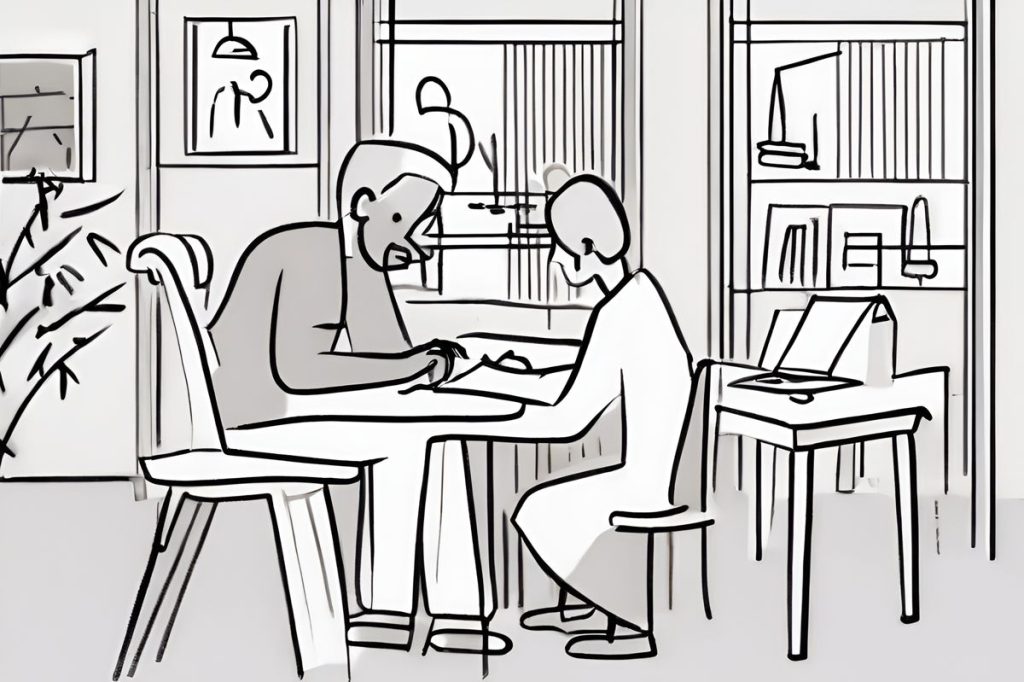Parents have a legal duty to financially support their children post-separation, based on their income levels. This includes shared expenses like housing and utilities, with alimony orders potentially including retroactive payments from the date of application. Individual cases are carefully assessed to ensure the children’s needs are met without unnecessary costs, emphasizing their well-being above all.
What are the legal responsibilities of parents for child maintenance after separation?
Parents are legally obliged to contribute to their children’s upkeep after separation, based on their financial abilities. This includes shared expenses for the child’s day-to-day life such as housing and utilities. Alimony orders can include retroactive payments but only from the application date. Each case is judged individually, ensuring the children’s needs are met without unnecessary costs.
Understanding Child Maintenance Obligations
In the event of a separation, the well-being of the children involved becomes a primary concern. The law imposes a duty on both parents to contribute to their children’s upkeep. This responsibility is based on each parent’s financial ability. The process of determining what constitutes a child’s needs often involves common sense rather than strict proofs. These needs should ideally remain unaffected by the parents’ separation and not subject to negotiation.
When parents part ways, a maintenance application outlines the child’s financial requirements. The specified amounts are based on the situation at the time of the application. Importantly, the final alimony order can mandate payments retroactively to the date the application was submitted.
Income Status and Shared Expenses
The allocation of financial responsibility between parents is directly tied to their respective incomes. While the custodial parent may bear certain costs, there are expenses that are inherently shared by the family unit. Items such as housing, utilities, and other household bills are not exclusive to the child but are still essential for their day-to-day life.
Legal precedents solidify the concept of shared parental responsibility. For example, additional earnings like a 13th or 14th salary can influence the amount of maintenance ordered. However, these are not automatically factored into the maintenance payments unless deemed appropriate by the court.
Judicial Decisions on Alimony
Legal decisions have highlighted that child maintenance cannot be based on expenses claimed prior to the initial application. For instance, the Court of Appeal has upheld decisions that reflect this principle, ensuring that maintenance orders are not applied retroactively beyond the filing date of the original application.
Furthermore, the necessity of additional expenses, such as hiring a domestic worker, has been scrutinized. If a custodial parent has the capacity to provide care without additional help, such costs may not be considered essential.
Case-Specific Rulings
The judicial system’s approach to maintenance is not one-size-fits-all and is often shaped by the unique circumstances of each case. In one notable instance, the Court of Appeal supported the Family Court’s decision not to include the cost of a domestic worker in the alimony, given that the mother had adequate time to care for her children. This highlights the importance of a tailored approach to each family’s situation.
In summary, the contributions of parents toward the maintenance of their children are governed by a combination of legal frameworks and pragmatic considerations. The ultimate focus is on ensuring the well-being and stability of the children’s lives, regardless of changes in the family structure. Legal experts like George Coucounis, who specializes in Immovable Property Law and is based in Larnaca, can provide further insights into such family law matters.
What are the legal responsibilities of parents for child maintenance after separation?
Parents are legally obliged to contribute to their children’s upkeep after separation, based on their financial abilities. This includes shared expenses for the child’s day-to-day life such as housing and utilities. Alimony orders can include retroactive payments but only from the application date. Each case is judged individually, ensuring the children’s needs are met without unnecessary costs.
How is the amount of child maintenance determined?
The amount of child maintenance is determined based on the financial abilities of each parent and the child’s needs at the time of the application. Shared expenses like housing and utilities are taken into account, with retroactive payments possible from the date of the application. The court considers each case on an individual basis to ensure the well-being of the children.
What factors influence the allocation of financial responsibility between parents?
The allocation of financial responsibility between parents is directly influenced by their respective incomes. Shared expenses that are essential for the child’s day-to-day life, such as housing and utilities, are considered. Additional earnings like a 13th or 14th salary may also impact the amount of maintenance ordered, but these are not automatically factored in unless deemed appropriate by the court.
How do judicial decisions affect alimony orders for child maintenance?
Judicial decisions have clarified that child maintenance cannot be based on expenses claimed prior to the initial application. Maintenance orders can include retroactive payments from the date of the application. Each case is assessed individually, with the children’s needs and well-being as the primary focus. Additional expenses, like hiring a domestic worker, may not be considered essential if the custodial parent is capable of providing care without additional help.

